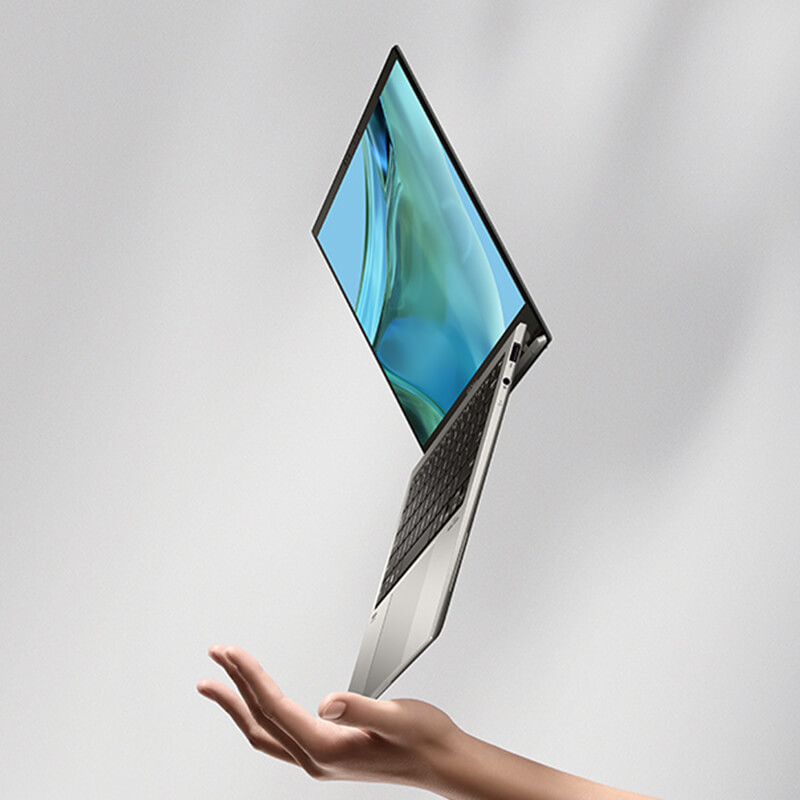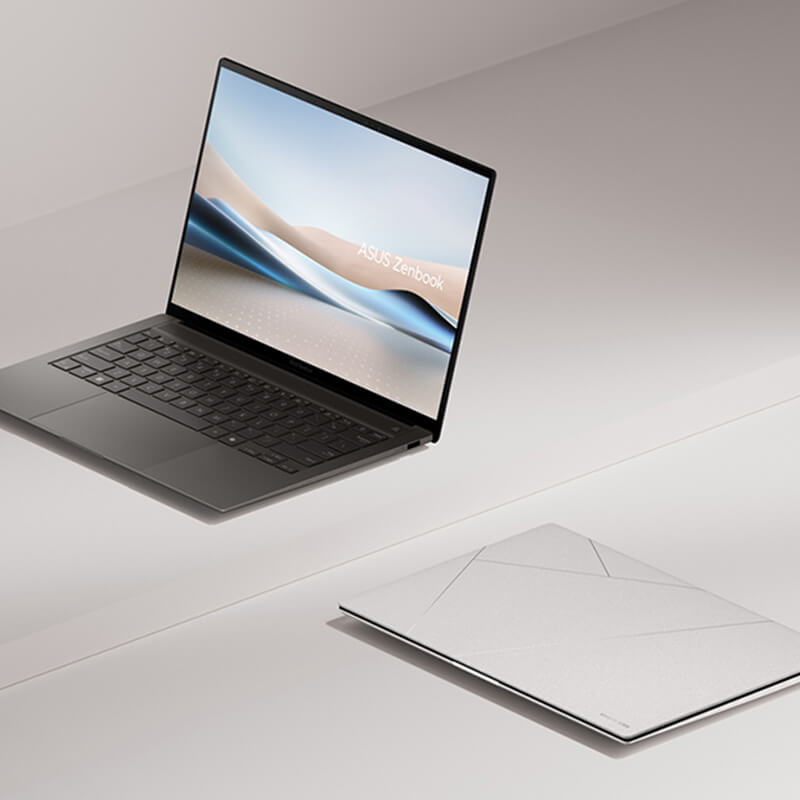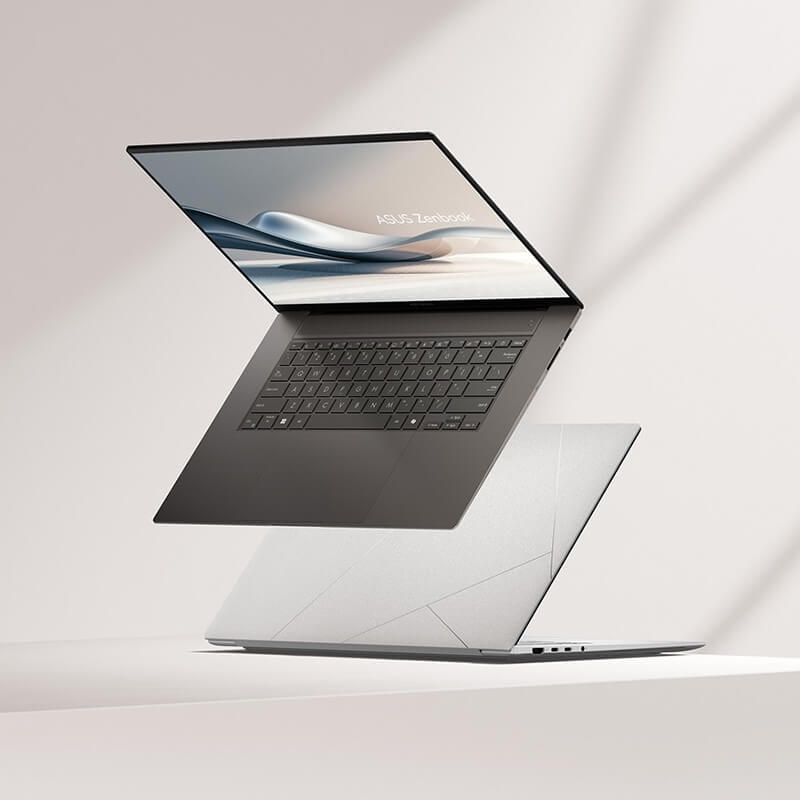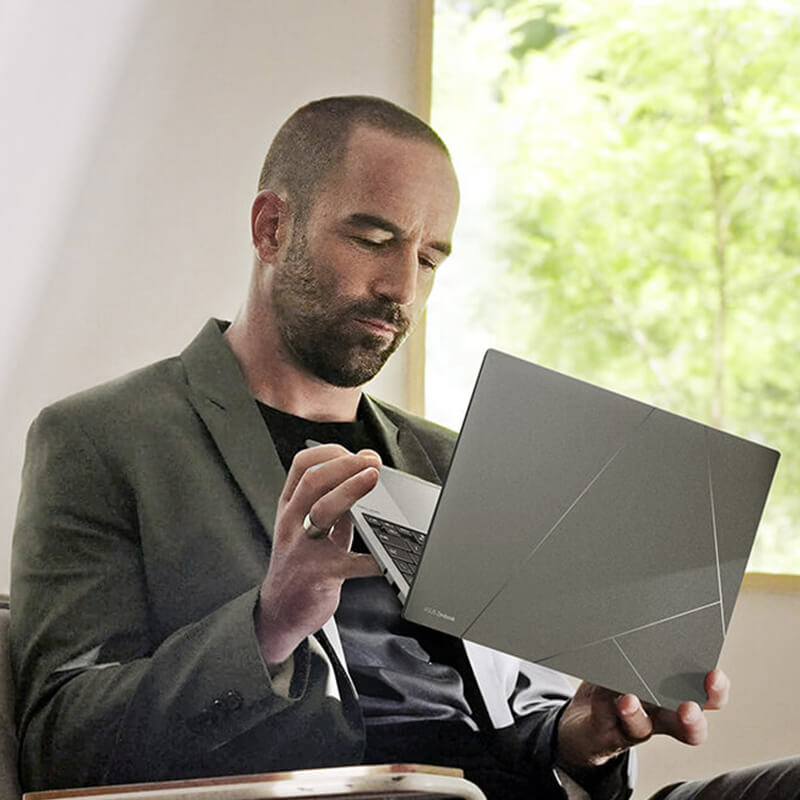
Nov 15, 2024
ASUS, a global leader in technology, has made responsible mineral
sourcing a cornerstone of its laptop manufacturing, ensuring that
consumers can trust its products to be environmentally friendly.
This commitment reflects a growing awareness in the tech industry
about the social and environmental impacts of manufacturing
practices, especially in relation to minerals essential for device
functionality. ASUS has structured its policies to meet high
standards in sourcing materials like tantalum, tin, tungsten, and
gold (collectively known as 3TG minerals), along with cobalt. Read
on to find out how ASUS does this and why it matters.
The Importance of Responsible Mineral Sourcing
Minerals such as tantalum, tin, tungsten, and gold are indispensable
in modern electronics for their unique conductive and structural
properties. However, mining these minerals can carry significant
ethical challenges if not done responsibly, as they are frequently
sourced from regions affected by armed conflict or with minimal
labor protections, such as parts of the Democratic Republic of Congo
(DRC). Mining in such areas often contributes to severe human rights
violations, including forced labor, unsafe working conditions, and
the financing of armed groups.
Recognizing the impact this has on communities and the environment,
ASUS adheres to internationally recognized standards, including the
OECD Due Diligence Guidance for Responsible Supply Chains of
Minerals and the Responsible Business Alliance (RBA) Code of
Conduct. In fact, ASUS joined the RBA as a Full Member in 2018.
ASUS’ policy to source only from conflict-free smelters is a
foundational aspect of its responsible mineral sourcing. Through
this approach, ASUS ensures that the minerals used in its laptops
are sourced ethically and do not contribute to conflict or human
suffering. This commitment also reinforces ASUS’ dedication to
transparency and accountability, as it requires the company to trace
the origins of its materials and assess potential risks across its
supply chain.
Supply Chain and Smelter Requirements
To maintain a transparent and conflict-free supply chain, ASUS
conducts regular audits and risk assessments of its suppliers. The
company mandates that all suppliers use certified smelters approved
by the Responsible Minerals Assurance Process (RMAP), a program
designed to verify that minerals are sourced responsibly. ASUS goes
beyond basic compliance; rather, the company collaborates closely
with other industry leaders and has joined the Responsible Minerals
Initiative to hand-in-hand work toward improving the traceability of
minerals used in production and promote best practices of
responsible mineral sourcing.
The challenge of monitoring a global supply chain is substantial,
especially given the complexity of mineral sourcing. However, ASUS’
approach is proactive, utilizing both internal audits and
third-party verifications to confirm that its suppliers meet its
rigorous policy. Additionally, ASUS actively participates in
multi-stakeholder initiatives that unite industry players,
non-governmental organizations, and governments to advance
responsible sourcing practices globally. These collaborative efforts
help ASUS stay informed of emerging risks and adapt its practices to
ensure continued accountability.
Environmental Benefits of Recycled Materials
Beyond ethical sourcing, ASUS prioritizes environmental
sustainability by incorporating recycled materials in its laptops.
Specifically, ASUS uses post-industrial recycled Magnesium Aluminum
Alloy in the manufacturing of its laptop casings and other
components, including those in some of the most popular models, such
as the
Zenbook S 13 OLED. In this laptop, multiple key components are made using recycled
materials, including the chassis and bottom cover made with
post-industrial recycled aluminum, the keyboard cover, made with
post-industrial recycled magnesium-aluminum alloy, and speaker case
made with post-consumer recycled plastic and ocean-bound plastic.
This approach has multiple benefits. First, it reduces demand for
newly mined metals and plastic, which in turn reduces environmental
impacts. By opting for recycled materials, ASUS minimizes its
ecological footprint and promotes a circular economy where materials
are reused rather than discarded.
Recycled magnesium-aluminum alloys are ideal for laptops, as they
are lightweight yet durable, enhancing both the user experience and
the product’s longevity. Utilizing recycled alloys does not
compromise quality; instead, it aligns with ASUS’ dedication to
creating high-performance devices while prioritizing sustainable
practices. This initiative makes ASUS laptops a top-quality choice,
as well as a greener one, appealing to environmentally conscious
consumers who seek products that align with their values.
Commitment to Reducing Carbon Footprint and Other Environmental
Impacts
In addition to using recycled materials, ASUS aims to reduce its
carbon footprint through every stage of production. The company has
set ambitious goals for energy efficiency and waste reduction, which
extends to its manufacturing processes. One such goal is to lead key
suppliers to proactively reduce carbon emissions to achieve the rate
of greenhouse gas emission reduction by 30% by 2025. Additionally,
ASUS has launched a Key Supplier Carbon Reduction Engagement and
Counseling Program in 2021, aiming to support partners in achieving
the low-carbon supply chain.
By investing in renewable energy and energy-saving technologies,
ASUS factories do not only minimize emissions, but also help
mitigate the broader environmental impacts of electronics
manufacturing.
ASUS’ commitment to sustainable production is evident in its product
design as well. For instance, an emphasis on lightweight materials
like recycled magnesium-aluminum alloys in laptops not only
contributes to lower emissions during transport but also reduces the
energy required for. By making energy-efficient design choices and
reducing waste, ASUS ensures that its products have a lower
environmental impact throughout their life cycles, from production
to disposal.
ASUS has also recently announced Ceraluminum™ — an innovative new
material used for key laptop parts such as the top cover. It’s used
in some of the most popular models, such as the latest
Zenbook S 14
and
Zenbook S 16. In the process of making this durable and visually-striking
material, no artificial dyes and toxic paints are used — rather, the
interesting, nature-inspired colors are achieved via process similar
to anodizing, where special curing of the aluminum is used to give
the laptop a ceramic-like look and feel. The material is also more
durable and less prone to scratching, to help you use the laptop for
longer.
Transparent Reporting and Consumer Trust
Transparency is a crucial element of ASUS’ sustainability strategy.
Through its annual ESG reports (2023 ASUS ESG report), ASUS shares detailed insights into its sourcing practices,
supply chain management, and environmental initiatives. This open
approach allows consumers and stakeholders to make informed
decisions about the products they choose. ASUS’ commitment to
transparency not only builds consumer trust but also encourages
accountability within the tech industry.
ASUS’ latest ESG report outlines its efforts in responsible mineral
sourcing, specifying the number of smelters audited, regions of
concern, and progress made in sourcing conflict-free materials. The
company’s reporting aligns with international standards and provides
clear metrics that allow consumers to understand the positive impact
of their purchases. By choosing ASUS laptops, consumers are actively
supporting a company that prioritizes ethical raw-materials sourcing
and sustainability in every aspect of its production process.
ASUS Laptops as a Responsible Choice
Through its commitment to responsible mineral sourcing, use of
eco-friendly materials and transparent reporting, ASUS exemplifies
how tech companies can innovate responsibly. By choosing an ASUS
eco-friendly laptop such as
Zenbook S 13 OLED,
Zenbook S 14
or
Zenbook S 16, consumers are not only investing in a top-quality products but
also supporting ethical manufacturing practices that prioritize both
people and the planet.
To learn more about responsible raw-material sourcing at ASUS, click
the button below.
Discover the Responsible Mineral Sourcing Practices at ASUS














